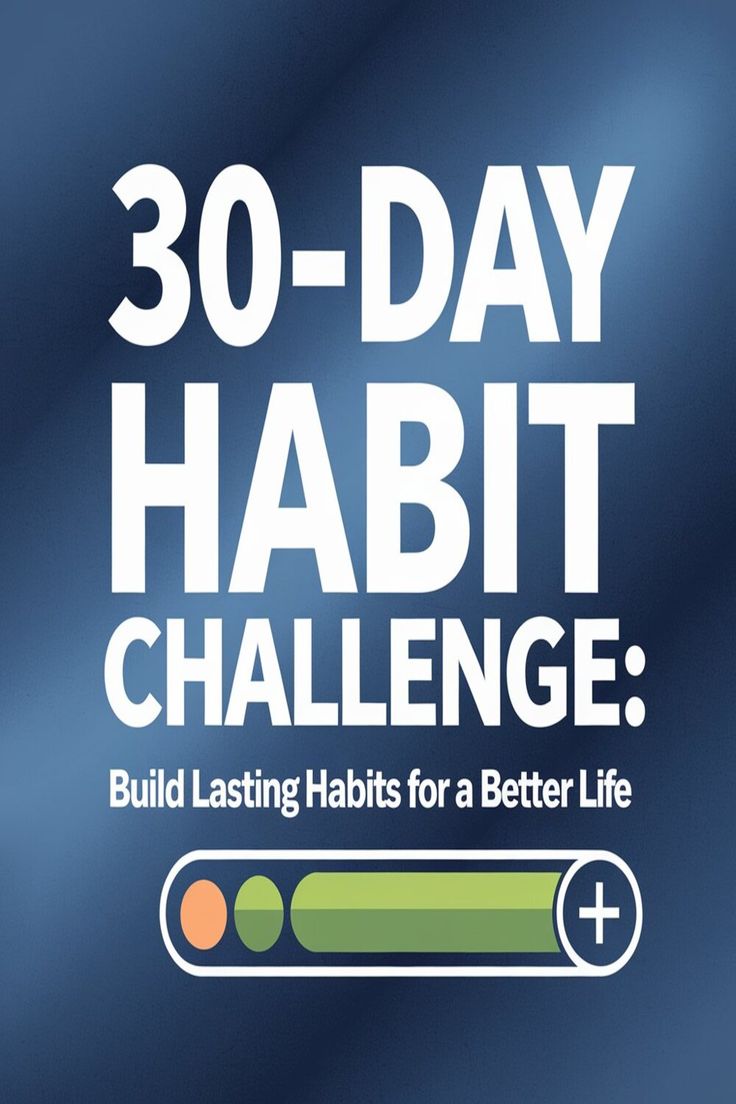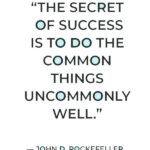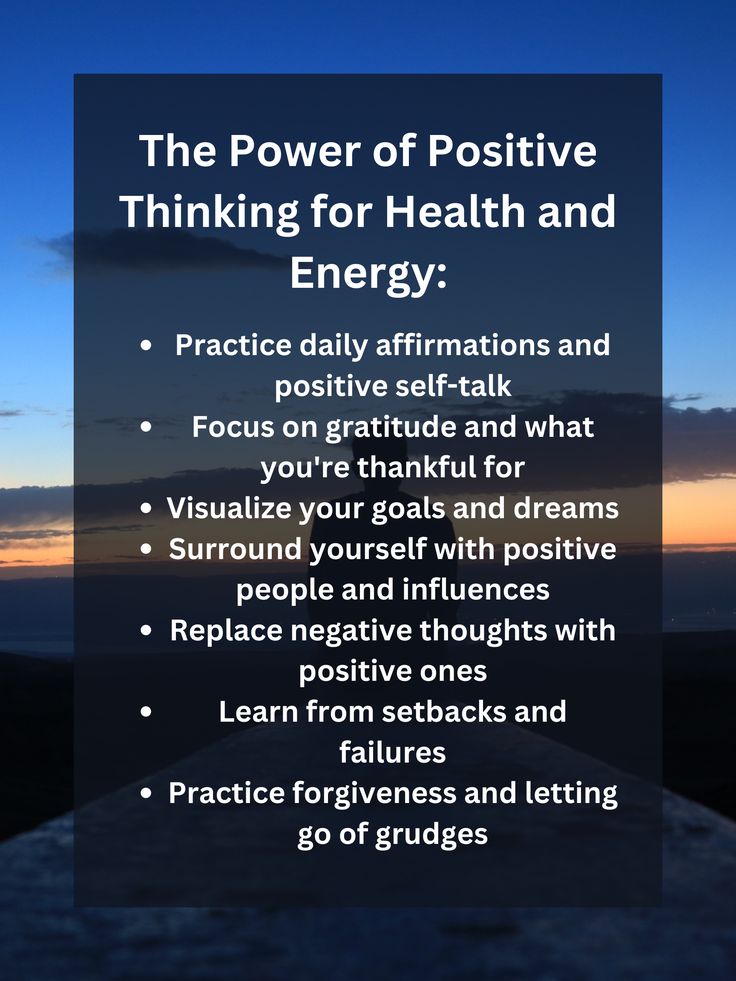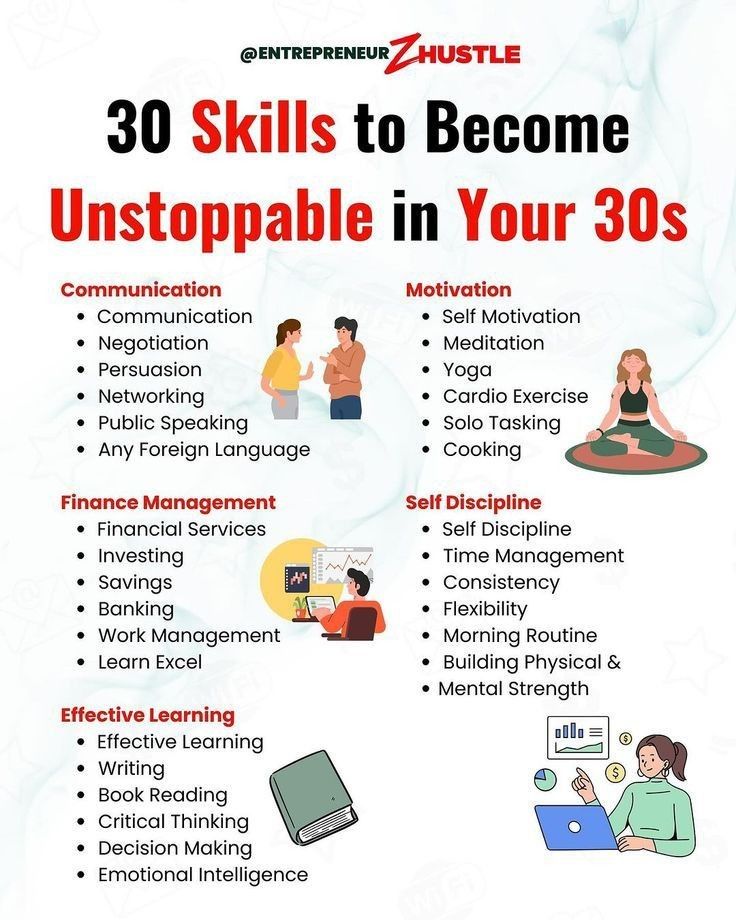
Learning a new skill can appear to be a daunting challenge, yet with the appropriate strategy, it’s possible in 30 days or less. This does not involve overnight expertise, but rather establishing a solid foundation and acquiring proficiency that can be developed further. Whether one is picking up a language, mastering a musical instrument, coding, or enhancing a professional skill, this article will walk you through practical strategies for speedy and efficient skill learning.
Mastering the 30-Day Skill Mastery System
The secret to becoming an expert in anything is to have systematic learning, regular practice, and the ability to focus. The following are the key steps to follow:
1. Establish Clear, Specific Goals
Identify precisely what you aim to accomplish. Unclear goals may hamper progress, so divide your goal into quantifiable and achievable milestones.
Example: If learning guitar, instead of “I want to play guitar,” aim for “I will learn to play three beginner songs by the end of 30 days.”
2. Commit to a Daily Schedule
Consistency is the cornerstone of skill mastery. Allocate dedicated time each day, even if it’s just 20–30 minutes. This ensures the skill becomes part of your daily routine.
Tip: Practice using blocks of time, and honor those blocks like they are appointments.
3. Divide the Skill into Manageable Parts
Master skills are overwhelming. Dividing them into smaller pieces makes learning easier.
Example: Learning photography? Begin with camera settings, then lighting, and lastly composition.
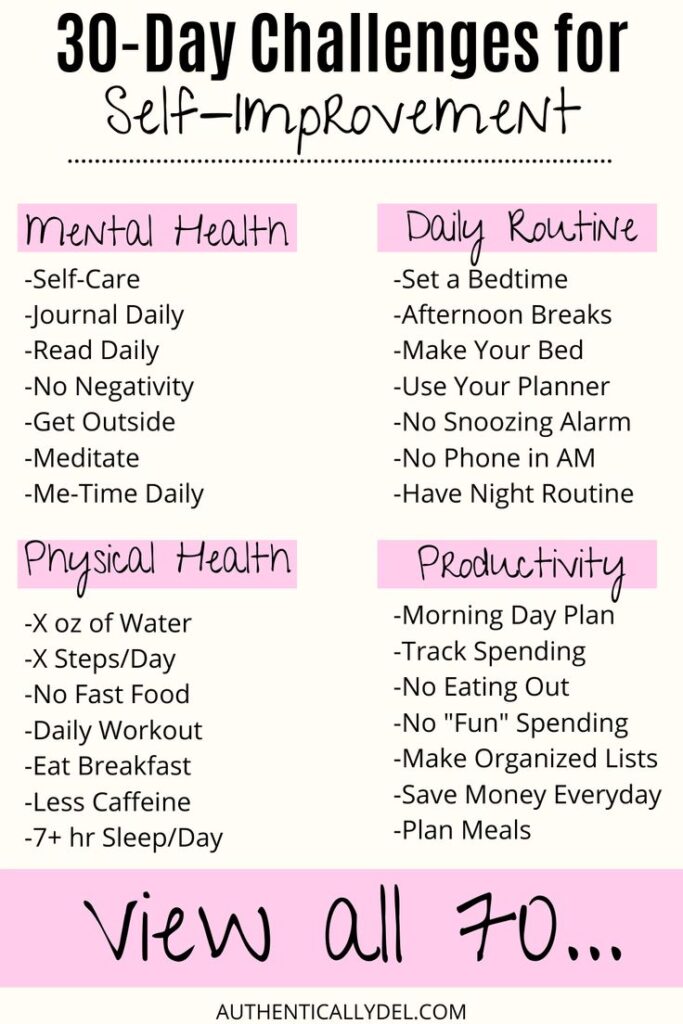
4. Apply the Pareto Principle (80/20 Rule)
Prioritize the 20% of actions that lead to 80% of the outcomes. Prioritize learning the most important parts of the skill first.
Example: For language acquisition, focus on high-frequency words and basic grammar principles instead of esoteric expressions.
5. Source High-Quality Resources
Leverage high-quality books, online classes, or tutorials to learn effectively. Refrain from fragmented sources that are unstructured.
Tip: Sites such as Coursera, Udemy, or YouTube provide varied learning content, but limit yourself to one or two sources to keep the focus.
6. Practice with Purpose
Repetition won’t suffice; purposeful practice is essential. Concentrate on enhancing particular areas of your ability and evaluate your improvement.
Example: If you’re learning programming, rather than doing others’ projects, write your own code and debug proactively.
7. Harness the Strength of Visualization
Imagining yourself executing the skill will speed up learning. It engages your brain and gets you ready for real practice.
Tip: Take 5–10 minutes a day and imagine yourself mastering your skill, paying particular attention to the specifics of every step.
8. Get Feedback and Iterate
Feedback is priceless for development. Show the world your progress and actively look for constructive criticism from mentors, peers, or online forums.
Example: Share your art, recordings, or projects on appropriate forums and request detailed feedback.
9. Monitor Your Progress
Keep a diary or a software tool to record your daily practice, success, and setbacks. This gives the feeling of achievement and identifies areas for improvement.
Tip: Software applications like Trello, Notion, or even a notebook can be used to monitor milestones and keep you going.
10. Stay Inspired and Break through Plateaus
Plateaus are unavoidable, but it is important to keep the motivation going. Celebrate little victories, revisit your “why,” and remind yourself of the overall advantages.
Tip: Find groups or communities of similar learners for collective support and inspiration.
Bonus Tips for Accelerated Learning
1. Practice Active Learning Techniques
Rather than passively taking in information, adopt activities that involve active engagement. For instance, teach the new knowledge to someone else or use your knowledge in real-life situations.
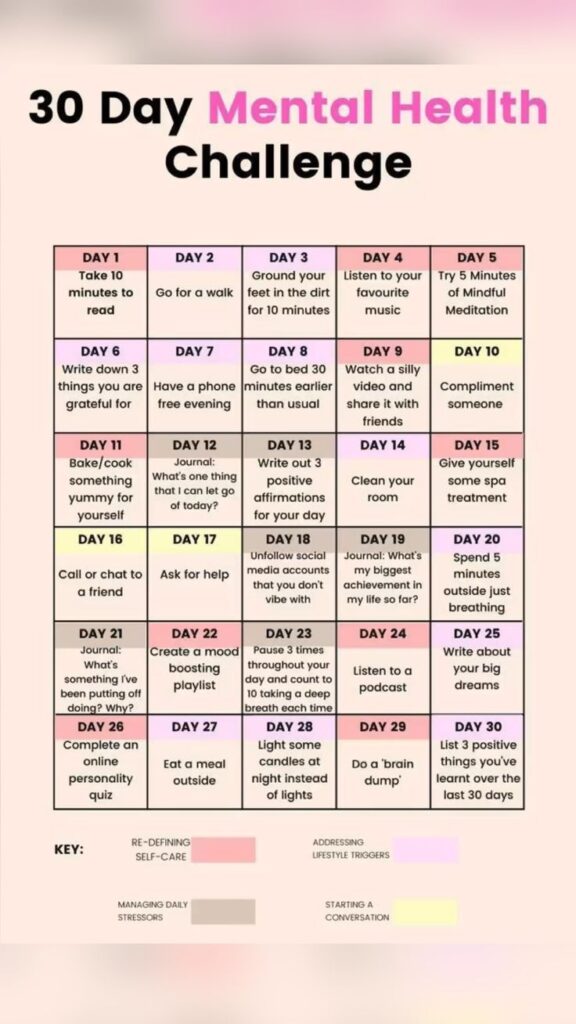
2. Adopt the “Fail Fast” Mindset
Errors are inherent. The sooner you fail and learn from them, the quicker you will advance.
3. Employ Spaced Repetition
Go back over learned material from time to time. Software such as Anki or Quizlet can aid in the reinforcement of retention.
4. Learn from Experts
Observe experts in your craft and adopt their methods. Observation can be an excellent learning tool.
5. Remain Accountable
Partner with a friend or mentor who can hold you accountable for meeting your goals.
Example of a 30-Day Skill Mastery Plan
Let’s consider the example of learning basic graphic design:
Day 1–5: Familiarize yourself with the tools (e.g., Adobe Photoshop, Canva). Learn interface navigation and basic functions.
Day 6–10: Practice creating simple designs, such as posters or social media posts. Focus on color schemes and typography.
Day 11–15: Master and practice design principles such as balance, contrast, and alignment.
Day 16–20: Copy professional designs to learn advanced techniques.
Day 21–25: Begin designing your own unique pieces and receive feedback from online forums.
Day 26–30: Organize your work into a portfolio, reflect on your experience, and determine areas for improvement.
The Ripple Effect of Skill Mastery
Mastery of one skill tends to have a ripple effect, enhancing everything else in your life. It builds confidence, discipline, and critical thinking skills, and develops a growth mindset.
Conclusion
Mastery of a new skill within 30 days or less has nothing to do with natural ability—it’s all about dedication, planning, and smart practice. With the establishment of specific goals, consistent practice, and an openness to feedback, you can develop expertise in any skill and lay the foundation for a lifetime of learning.
Start today, take the first step, and watch as your focused effort transforms your abilities and broadens your horizons. Remember, the journey of learning is just as rewarding as the destination.
